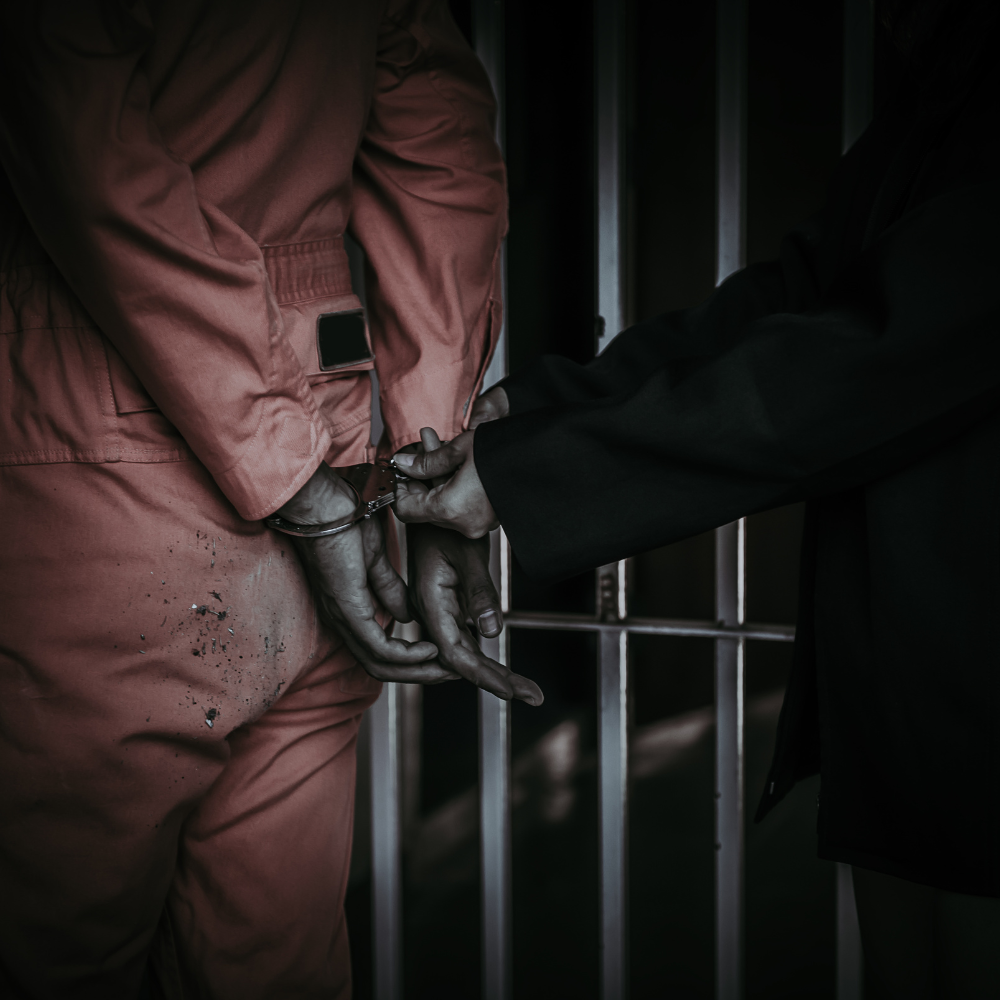
There are restrictions on the number of books that convicted terrorists in England and Wales are permitted to retain in their prison cells. In accordance with the new regulations, extremists will no longer be permitted to play a "leading role" in religious services. It follows a report from 2022 that expressed concerns about prison-based radicalization and Islamist gangs.
The changes, according to the new secretary of justice, Alex Chalk, will prevent terrorists from pursuing their "own sinister agenda." Approximately 200 inmates convicted of terrorism will be restricted to two medium-sized boxes of literature weighing no more than 15 kilogrammes each.
Inmates may borrow books from prison libraries, purchase them from authorized vendors, or receive them from family and friends. The government stated that the change would make it simpler for prison staff to search for prohibited materials, citing the case of a convicted terrorist whose cell contained 200 books.
Less than a year after its imposition, the High Court ruled in 2014 that a previous blanket ban on prisoners receiving books from individuals outside prison was unconstitutional.
The same ruling stated that there was "no good reason" to limit the number of books a prisoner can possess by volume, but the Ministry of Justice stated that it did not anticipate a legal challenge because the change applies only to terror offenders.
The Ministry of Justice stated that the modifications announced on Sunday do not require Commons approval and are effective immediately. In addition, restrictions will be tightened so that convicted terrorists cannot play any official role in religious services, such as reciting a passage.
Only the most dangerous prisoners are currently prohibited from conducting Friday prayers. Now, the prohibition will apply to all prisoners, not just those in maximum-security facilities.
The modifications are in response to recommendations made by Jonathan Hall, the Independent Reviewer of Terrorism Legislation, who highlighted the influence of Islamists in prisons.
He asserted that the prison service had "lost its role in the national effort to reduce the risk of terrorism" and advocated for tighter restrictions on terror offenders while they were in custody.
Mr. Chalk, who replaced Dominic Raab as justice secretary following his resignation this month, acknowledged the role religion can play in a prisoner's rehabilitation, but he cautioned that some inmates may violate the rules.
Labour responded by criticizing the government's performance on counter-terrorism regulations, citing security services' concerns about the potential impact of the Human Rights Act reform on terror trials, which were expressed in 2021.
Steve Reed, the shadow justice secretary, stated, "If the Conservatives truly cared about stopping terrorists, they would not propose changes to the law that would slow down their prosecution." Britain's security services rejected the government's disastrous proposals to drag down trials for foreign terrorists and risk their cases collapsing, so they remain free on Britain's streets instead of being imprisoned or deported. Christine Jardine, a spokesperson for Liberal Democrat cabinet affairs, accused the Conservatives of violating pre-election rules that prohibit ministers from making party-political announcements using government resources in the run-up to an election.
In a letter to Cabinet Secretary Simon Case, she demanded an investigation into the timing of the announcement, which was made by the Ministry of Justice press office days before local elections.



